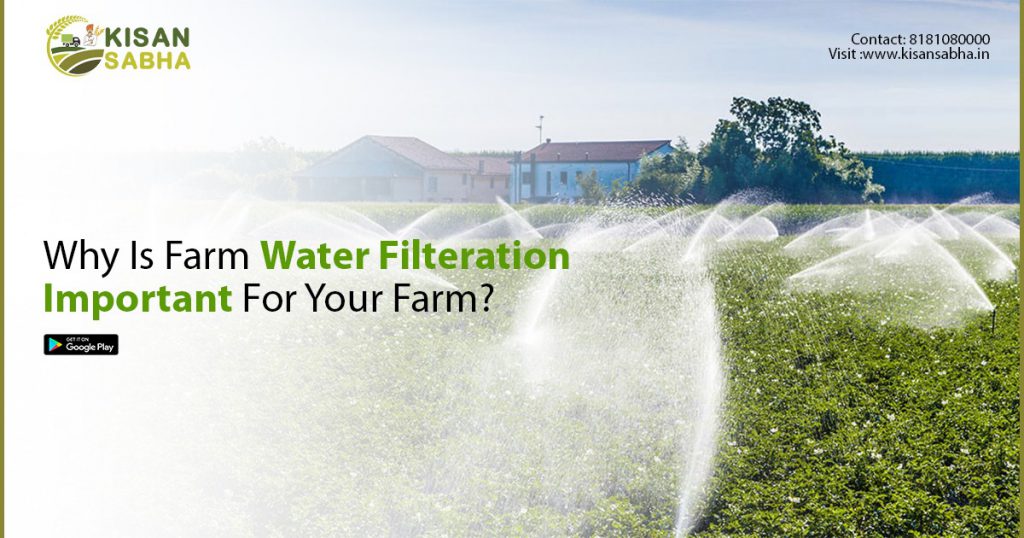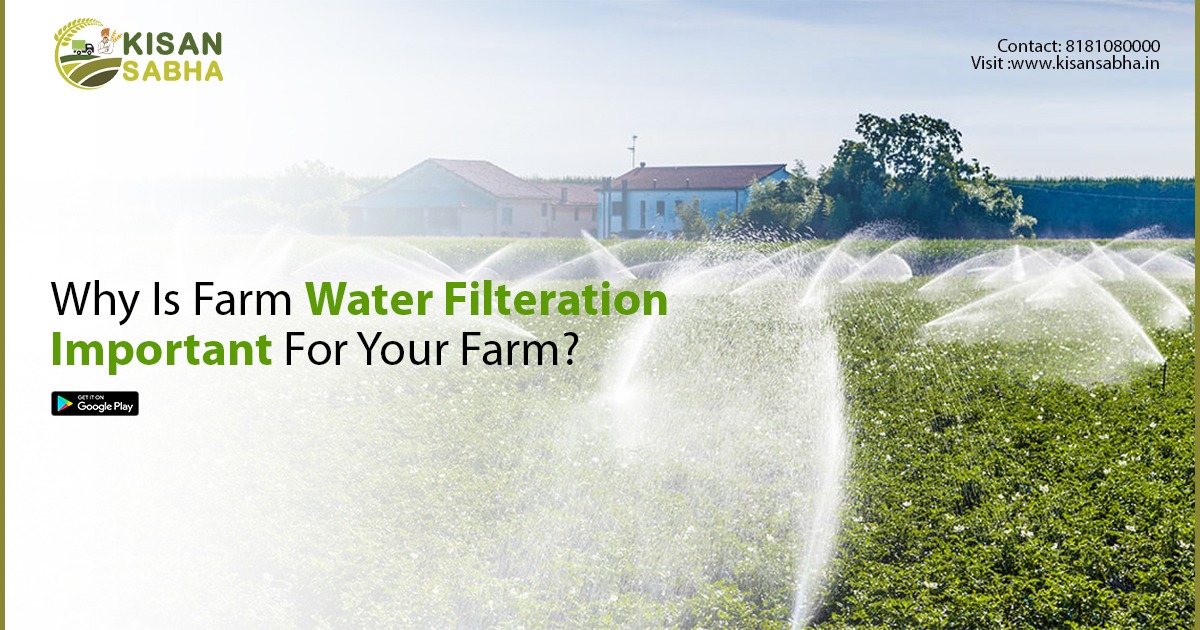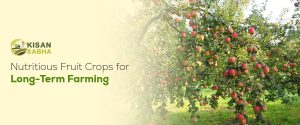On farms, a lot of water get used. It is possible for water to come from the mains, streams, rivers, ponds, or runoff from rainfall. Water is specifically used for many different things, such as washing vegetables, irrigation, watering livestock, and cleaning dairy and pig facilities. Without a doubt, pumps and filters are crucial pieces of equipment in contemporary farming.
The success of an agricultural area depends heavily on the quality of the water entering the area. For agricultural use, water quality is frequently insufficient. A plant’s capacity to absorb water get compromised by high salt concentrations, increasing plant stress and lowering food production. A particular degree of metal content has a negative effect on agricultural yield.
Water quality may suffer as a result of agricultural operations. Poor farming methods may lead to increased nutrient concentrations, faecal coliforms, and sediment burdens. Water bodies may become eutrophicated as a result of increased nutrient loading from animal waste, which may eventually affect aquatic ecosystems. Animal faeces may potentially introduce harmful faecal coliforms, endangering the public’s health. Grazing and other agricultural practises could make erosion processes worse and increase the amount of silt entering nearby water sources. Fish and macroinvertebrates are mainly impacted by increased silt loads, which also make drinking water treatment more challenging.

IMPORTANCE OF WATER FILTRATION
Achieving domestic water quality standards and maintaining ecosystem health need good agricultural management practises, which are essential for the success of any agricultural endeavour. In order to supply suitable water quality for both groups, agriculture and domestic water consumers must cooperate. Thus, water filtering is crucial.
To create safe and clean water for a particular use, such as drinking, medical, agricultural, and pharmaceutical applications, water filtration is the process of removing or reducing the concentration of particulate matter from contaminated water, such as suspended particles, parasites, bacteria, algae, viruses, and fungi.
Clean Water is necessary to clean the various animals’ and birds’ avian homes. For instance, the waste generated by birds on a poultry farm is considerable. It will take a lot of water to clean the region. If the water used has impurities, sediments may build up along the edges and endanger the health of the farm’s animals and birds. Dairy farms need water for the cooling of milk as well. This water needs to be chemically treated in order to prevent any interference with the milk cooling process. The only way to accomplish this goal is to install high-quality water filter systems in dairy and poultry farms.
The bad quality of the water will damage agricultural pumps, motors, filters, and pipelines. Its performance may get impaired, and their lifespan would be drastically decreased, due to the continual buildup of sediments and pollutants in each of their many sections. The efficacy of the numerous pieces of agricultural machinery won’t get impaired thanks to a farm water filtering system. Running water that is crystal clear and impurity-free will increase the lifespan of farm equipment. In order to get the machinery back in working order, the farmer will have to spend less time disassembling the various components. The production of the farmer is significantly impacted by this.
With all of these considerations, it is always advised to utilise water treatment systems to protect the environment and human health.
Visit us- Kisansabha.in





